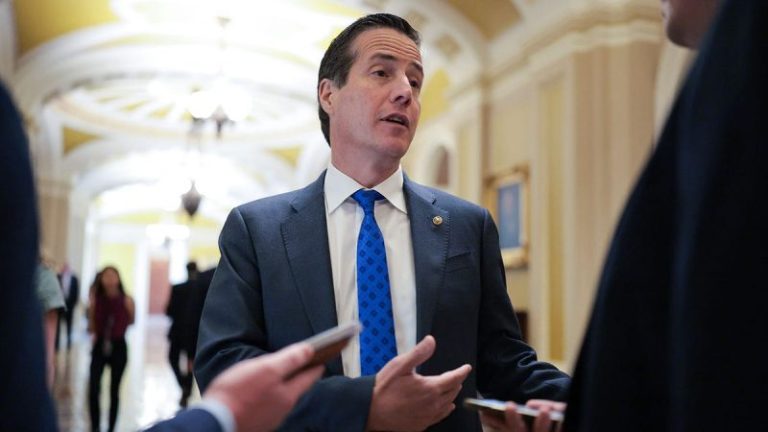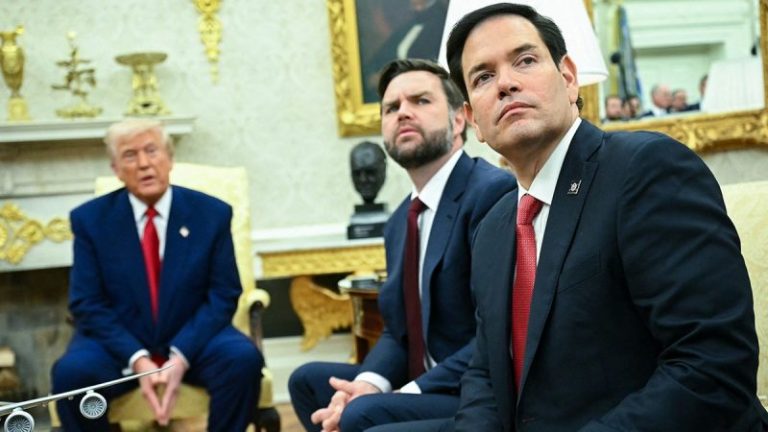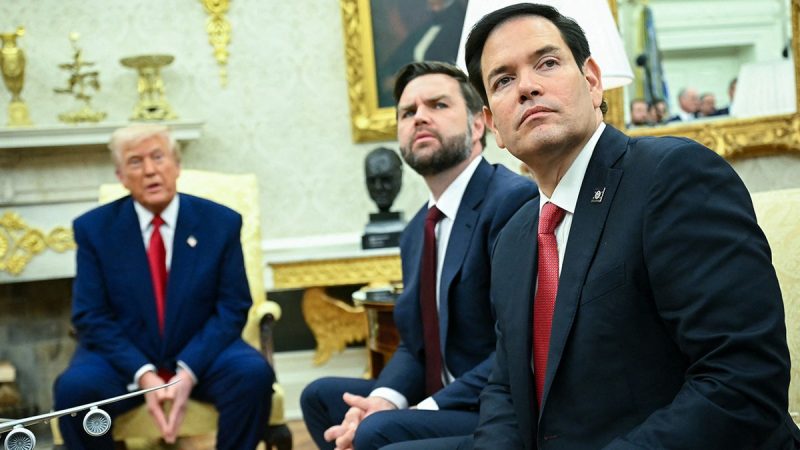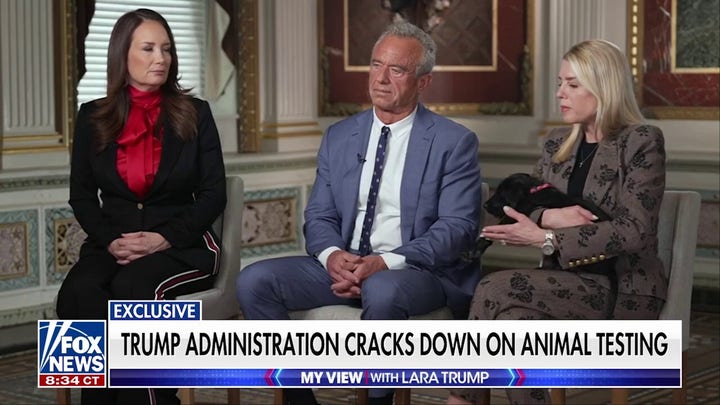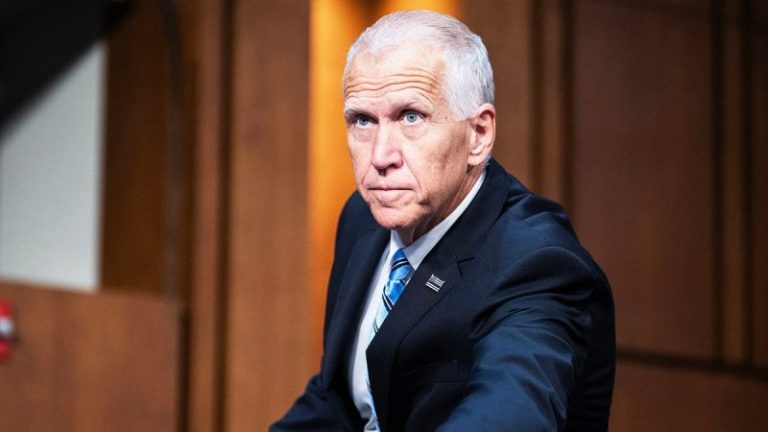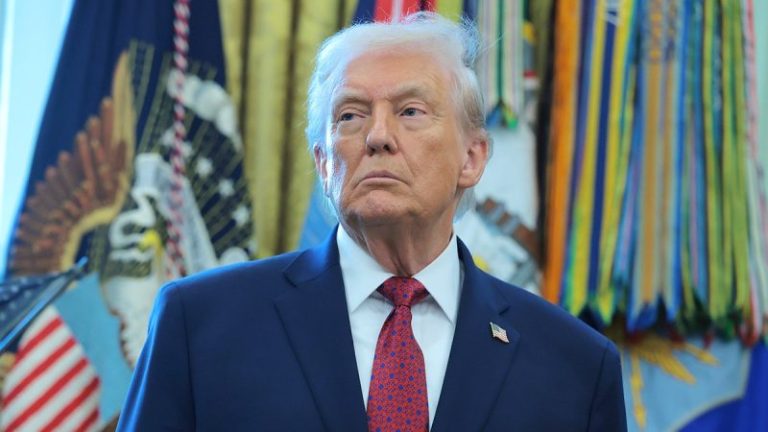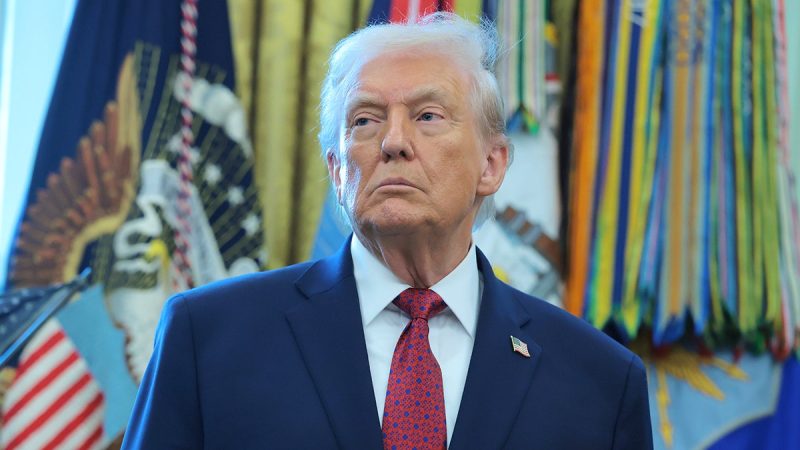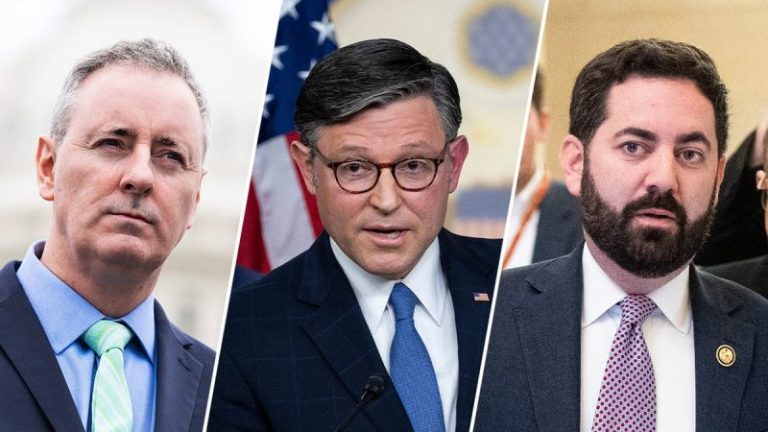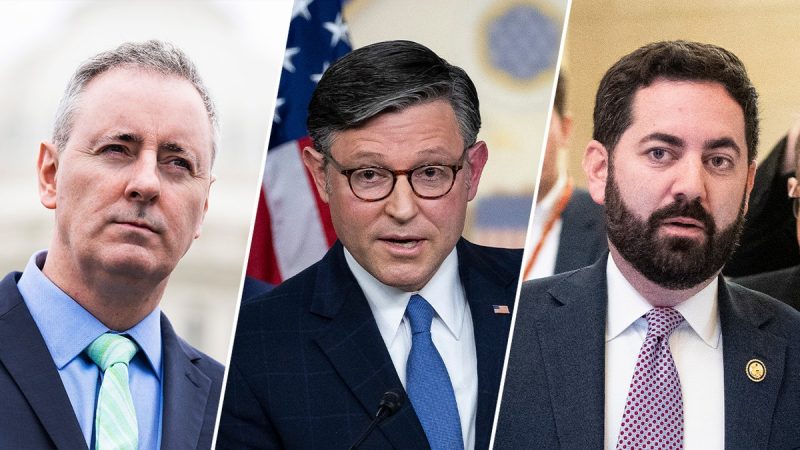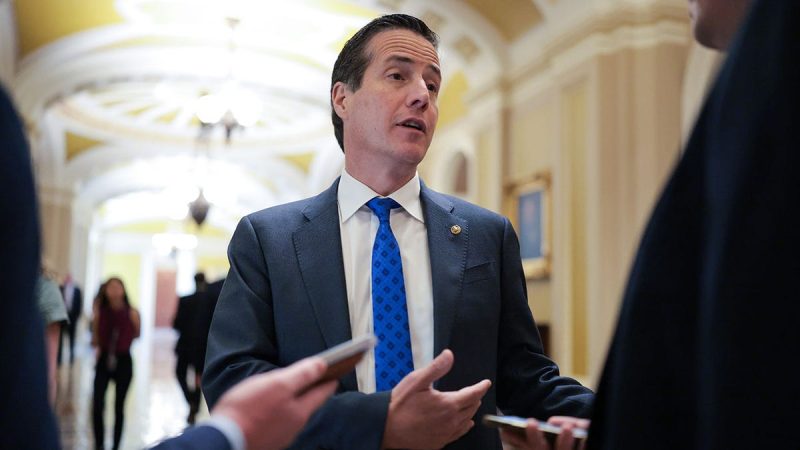
A bipartisan cohort of senators is nearing a final plan to tackle rising healthcare costs, but the issue of more-stringent restrictions preventing taxpayer-funded abortions remains a major hurdle in the way to sealing the deal.
The working group, led by Sens. Susan Collins, R-Maine, and Bernie Moreno, R-Ohio, has held several meetings since dueling, partisan proposals to either extend or replace expired enhanced Obamacare premium subsidies failed late last year.
Now, they’re on the verge of unveiling their plan and have started sharing what exactly the rough framework would look like. But while selling the bones of the latest idea to tackle healthcare will be one thing, overcoming the issue of taxpayer-funded abortions will be another.
The Hyde Amendment, which dictates that taxpayer dollars can’t fund abortions, has proven a sticking point on both sides of the aisle. Senate Republicans argue that Obamacare doesn’t completely follow the law, while Senate Democrats contend that no modifications need to be made to the longstanding statute.
‘There’s no disagreement that there should not be federal funding for abortion,’ Moreno said. ‘Nobody on either side is wanting to relitigate that question. So we’re past that mountain. The next mountain is a dispute as to whether that is actually happening today through [Obamacare].’
‘A group of people, very good people, say that it is happening, and there’s a group of other people who have good people, too, that say it’s not happening,’ he continued. ‘So we have to resolve that.’
That wrinkle, in particular, was further amplified by President Donald Trump, who earlier this week urged that House Republicans ‘have to be a little flexible’ when it comes to the Hyde Amendment. That edict was met with backlash from Senate Republicans, who argued there was no room for flexibility on the issue.
Moreno didn’t say whether the current plan addressed the Hyde issue, but he laid out what the skeletal framework that senators have built would look like.
It would play out over two years and act as more of a temporary fix than a permanent bridge, which Moreno noted would be crucial in selling the plan to his Republican colleagues.
‘That’s a key thing that I got to convince my colleagues to understand, who hate Obamacare, they hate the policy, and say, ‘Let’s take two years to actually deliver for the American people truly affordable healthcare and solve this problem for the people who are going to suffer as a result of not having these enhanced premium tax credits,’’ Moreno said. ‘They didn’t cause the problem, politicians caused that problem.’
Up front, their plan would extend the subsidies for two years and prolong the open enrollment period for the Obamacare marketplace until March 1.
During the first year, an income cap would be added, which was blown away when the subsidies were enhanced under former President Joe Biden, at 700% of the federal poverty level. There would also be a requirement of either a $5 or $60 minimum premium payment as a fraud prevention method. That would be coupled with a $100,000 fine for insurance companies that are ‘deliberately causing fraud, and signing [someone] up without their consent.’
In the second year, people would have a choice to either stick with the subsidies or switch their coverage plan in favor of a health savings account (HSA) — a key demand from Republicans and Trump.
Their plan would also reinstate cost-sharing reduction payments, ‘which, according to [Congressional Budget Office], would reduce premiums for everybody on the exchange by 11%,’ Moreno said.

